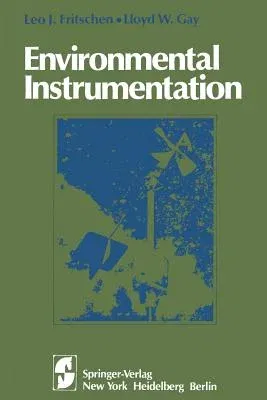Leo J Fritschen
(Author)Environmental Instrumentation (Softcover Reprint of the Original 1st 1979)Paperback - Softcover Reprint of the Original 1st 1979, 2 December 2011

Qty
1
Turbo
Ships in 2 - 3 days
In Stock
Free Delivery
Cash on Delivery
15 Days
Free Returns
Secure Checkout
Part of Series
Springer Advanced Texts in Life Sciences
Print Length
216 pages
Language
English
Publisher
Springer
Date Published
2 Dec 2011
ISBN-10
1461262070
ISBN-13
9781461262077
Description
Product Details
Authors:
Book Edition:
Softcover Reprint of the Original 1st 1979
Book Format:
Paperback
Country of Origin:
NL
Date Published:
2 December 2011
Dimensions:
23.39 x
15.6 x
1.27 cm
Genre:
Ecology
ISBN-10:
1461262070
ISBN-13:
9781461262077
Language:
English
Location:
New York, NY
Pages:
216
Publisher:
Weight:
335.66 gm

